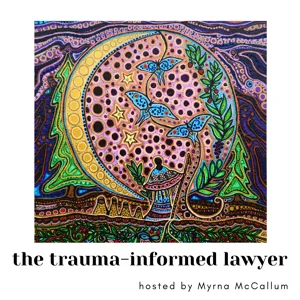Queensland Law Society: serving ‘conscientious, honest lawyers’

A statement praising ‘conscientious honest lawyers’ was published in a Brisbane newspaper in 1874. At that time, the public image of lawyers—barristers, as well as solicitors—was poor. For decades Queensland Parliaments were inclined to agree. The creation of the incorporated Queensland Law Society was seen as an important step in improving the reputation of lawyers.
In this lecture, historian Helen Gregory presents the challenges which needed to be addressed, and how government was persuaded to pass the necessary legislation, taking into account the expectations of solicitors, Parliament and the public.
The lecture is opened by the Hon Justice Williams (Supreme Court of Queensland). The Queensland Law Society Vice President, Rebecca Fogerty, also gave a short speech before the lecture and officially open the new SCLQ and QLS exhibition, A force for good: past, present and future.
Learn more about the exhibition here.
About the speaker
Helen Gregory was born in Brisbane and is a historian specialising in Queensland's history and cultural heritage. She has taught in the Department of History at the University of Queensland, the School of Built Environment at the Queensland University of Technology and was Director of Cultural Heritage at the Queensland Environmental Protection Agency.
Read the paper.
View the lecture.






